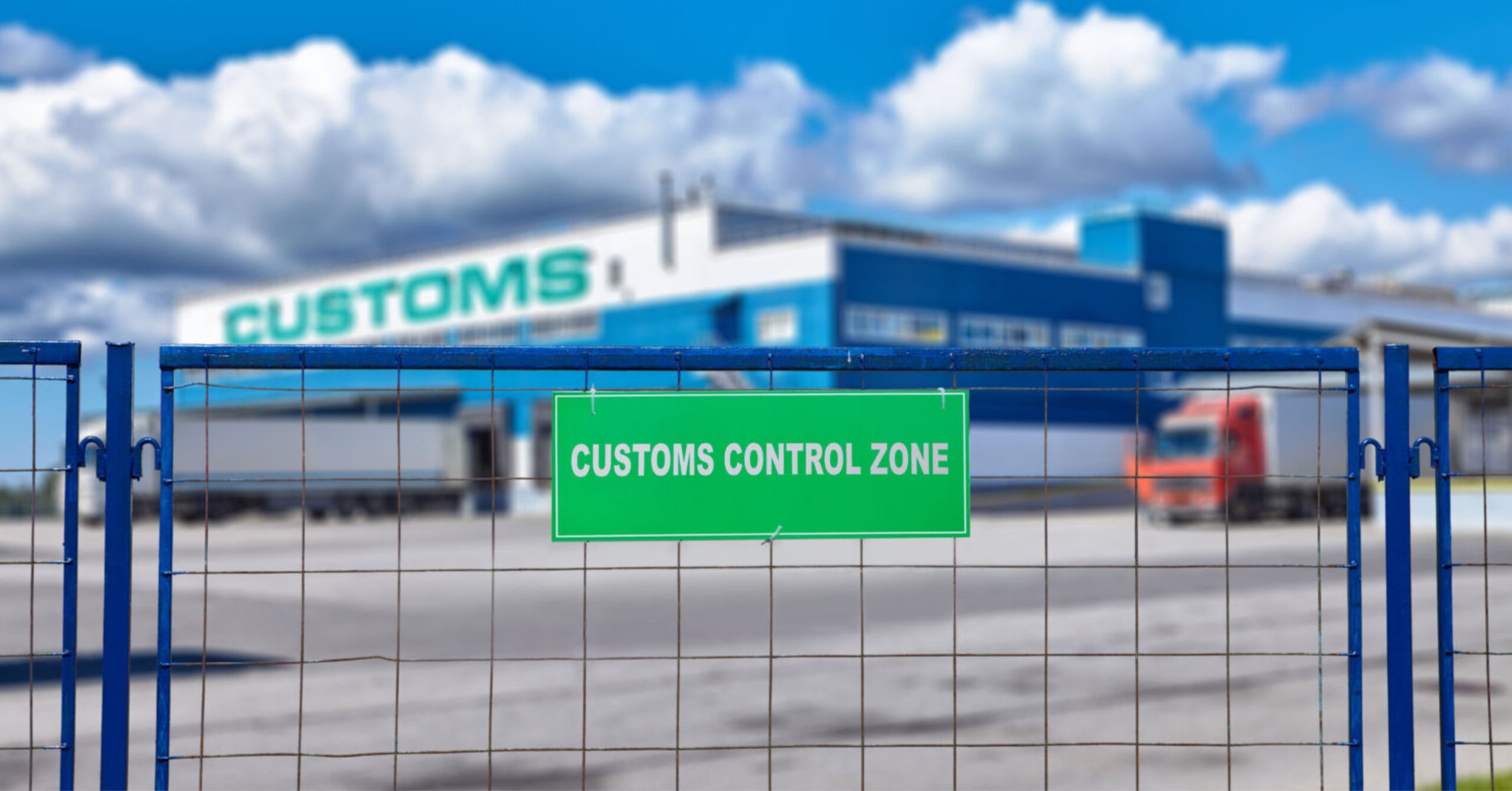
Choosing the Right LTL Carrier for Your Freight: A Comprehensive Guide
In the world of transportation and logistics, selecting the right LTL (Less Than Truckload) carrier can significantly impact the success of your shipping operations. With numerous carriers vying for your business, it’s essential to make an informed decision that aligns with your needs and requirements. This guide will walk you through the process of choosing the ideal LTL carrier, considering crucial factors such as service options, reputation, and coverage area.
Download the complete guide: Choosing the Right LTL Carrer for Your Freight.
Define Your Shipping Requirements
Before diving into the carrier selection process, clearly define your shipping needs. Consider the nature of your cargo, its dimensions, weight, and any special handling requirements. Understanding your specific requirements will help you narrow down the carrier options that can effectively accommodate your freight.
Assess Service Options
LTL carriers offer a range of service options to suit different shipping needs. These may include standard LTL, expedited or guaranteed delivery, temperature-controlled shipping, and more. Carefully review the carrier’s service offerings to ensure they align with your delivery timeline and any specialized needs you may require.
Check Coverage Areas
Check the carrier’s coverage area to ensure they serve the regions where you need to ship your freight. Some carriers have a more extensive network that covers certain areas better than others. Make sure the carrier’s service map aligns with your shipping destinations.
Transit Times
The speed of delivery can be a crucial consideration for your business. Evaluate the carrier’s estimated transit times and compare them to your customers’ expectations. Some carriers offer expedited or guaranteed services for time-sensitive shipments, so be sure to explore these options if needed.
Evaluate Technology and Tracking
Modern LTL carriers provide tracking and visibility tools that allow you to monitor the status of your shipment to simplify the shipping process. Check whether the carrier offers advanced tracking capabilities through a customer portal or provides shipment notifications that will help you stay informed.
Consider Additional Services
Beyond basic transportation, some carriers offer value-added services such as warehousing, customs brokerage, crating, oversized shipping, expedited service, etc. If these services align with your business needs, they can add significant value to your partnership with the carrier. Working with a carrier that provides full supply chain solutions will add value and better serve your customers.
Review carrier reputation
Research the carrier’s history and reputation in the industry. Look for carrier reliability, customer service excellence, and overall performance. A carrier with a strong track record of satisfied customers is more likely to provide a positive shipping experience.
Evaluate Rate Factors
It’s important to understand how carriers determine their rates based on factors like freight class, weight, distance, and accessorials (additional services such as liftgate delivery or residential pickup/delivery). In addition, cheaper is not always better. Remember that you get what you pay for and getting a “steal” isn’t going to be worth the hassle and upset customers who are dealing with damages, late deliveries, and poor service.
Select the right LTL carrier
Selecting the right LTL carrier involves a comprehensive evaluation of various factors, including service options, coverage area, and reputation. By understanding your shipping requirements and conducting thorough research, you can make an informed decision that ensures your freight reaches its destination efficiently and reliably. A strong partnership with the right LTL carrier can contribute to the success of your supply chain and enhance your overall business operations.
For more information email [email protected].
Share Article
Related Articles
Enhancing Customer-Supplier Dynamics: The Benefits of EDI and API in Business
In the dynamic landscape of modern business, the relationship between customers and their suppliers forms the backbone of successful operations. Efficient communication, seamless transactions, and collaborative partnerships are essential for driving mutual growth and competitiveness.
Winter Roads: A Lifeline for Remote Communities’ Supply Chains
Winter roads play a pivotal role in sustaining remote communities that face unique challenges in maintaining their supply chains throughout the year. These communities contend with harsh weather conditions, geographical isolation, and limited infrastructure, making winter roads indispensable during the cold winter months.
Beyond Borders: The Crucial Role of 24/7 Customs Brokers
In the complex world of cross-border shipping, availability and rapid response are critical. To help ensure the seamless flow of goods across the border, working with a reputable customs broker that operates 24 hours a day, seven days a week, is essential.






